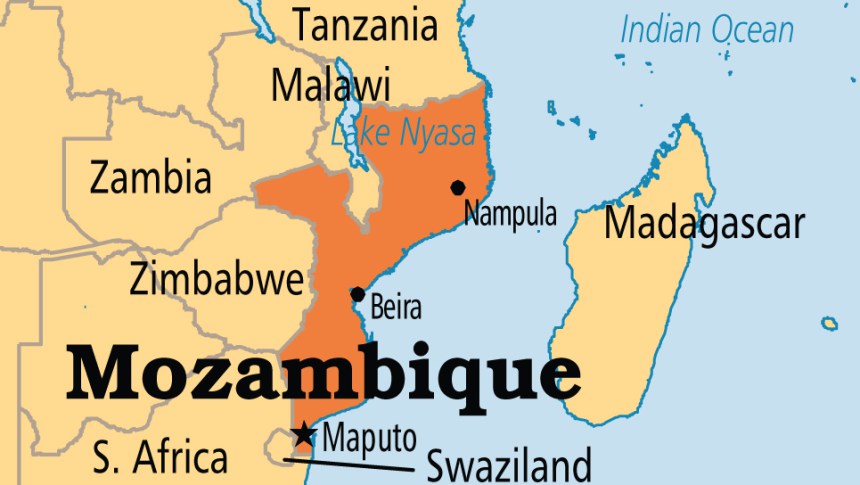
Mozambique rivals sign formal peace deal
Mozambique’s ruling Frelimo party and members of the former guerrilla movement, Renamo signed a ceasefire that will hopefully end one of the bloodiest periods in the country’s history.

Analysts say the new accord, encompassing a permanent end to hostilities, constitutional changes and the disarming and reintegration of Renamo fighters into the security forces or civilian life, offers the best hope yet for a lasting solution to the conflict.
Fighting between Renamo guerrillas and the government killed more than 1 million people between 1977 and 1992. And violence has flared periodically in the years since, especially around elections. There are concerns that despite Tuesday’s ceasefire deal upcoming elections in October could threaten any attempts at achieving long-lasting peace.
“All of us have to be optimistic, because if nobody believes in peace, there will be no peace,” said Felipe Donoso, head of mission for the International Committee of the Red Cross in Mozambique.
President Filipe Nyusi and Renamo leader Ossufo Momade, who will sign the deal, both hope it would score them political points ahead of presidential, parliamentary and provincial elections on Oct. 15.
The poll could make or break the agreement, experts said. It will be the first time Renamo, now the country’s main opposition party can compete for provincial governorships, satisfying demands for political inclusion and control over areas they dominate.
However, if Renamo does not achieve its election goals of winning governorships and feels cheated by Frelimo, the accord could quickly come undone.
Both Frelimo and Renamo contain groups of hardliners unenthusiastic about the process. A Renamo general and an uncertain number of other fighters have in recent weeks disavowed Momade, threatening violence and refusing to give up their weapons while he remains in charge.
“They are now completely outside of the peace agreement,” said Johanna Nilsson, a Sweden-based academic. “The fact Renamo cannot control them is of course problematic.”






